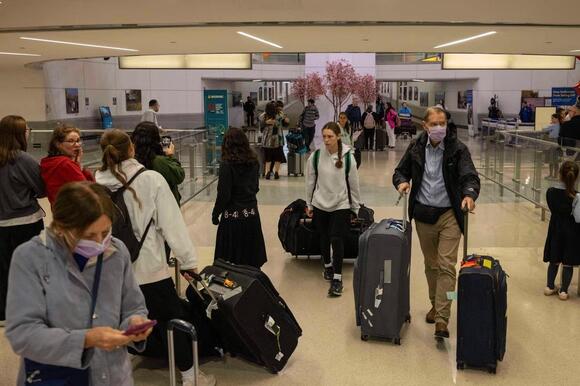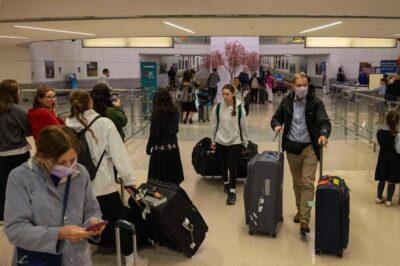
A New Travel Ban Begins
On June 9, 2025, former President Donald Trump’s new travel ban came into effect, imposing restrictions on citizens from 12 predominantly African and Middle Eastern countries. The ban, signed on June 4, 2025, by Trump, aims to address national security concerns, including terrorism links, poor passport vetting, and high visa overstay rates. While previously issued visas remain valid, most new visa applications from these countries will be rejected unless exemptions apply.
Countries Affected
The countries affected by the full travel ban include Afghanistan, Cuba, Iran, Libya, North Korea, Somalia, Sudan, Syria, Venezuela, and Yemen. Additionally, partial restrictions have been imposed on citizens from Burundi, Cuba, Laos, Sierra Leone, Togo, Turkmenistan, and Venezuela.
Exemptions and Exceptions
Certain individuals are exempt from the ban, including U.S. citizens, lawful permanent residents, dual nationals, diplomats, and individuals with valid visas or refugee status. The policy also includes exceptions for specific athletes and individuals deemed to serve U.S. national interests.
Legal and Political Reactions
The new travel ban has sparked widespread criticism from various quarters. Advocacy groups and analysts have condemned the measure as discriminatory and divisive, arguing that it disproportionately affects developing, non-white nations and lacks a clear national security justification. Critics also point out that the ban does not address the root causes of terrorism and instead targets individuals based on their nationality.
Protests and Civil Unrest
The implementation of the travel ban has led to protests in several cities across the United States. In Los Angeles, thousands of demonstrators took to the streets to oppose the policy, leading to clashes with federal agents and police. The protests turned volatile, with authorities using tear gas and flash-bangs to disperse crowds.
International Repercussions
The new travel ban has also strained diplomatic relations between the United States and several countries. In response to the ban, the Chadian government announced the suspension of all visas awarded to U.S. citizens. This retaliatory measure underscores the potential for diplomatic fallout resulting from the travel restrictions.
Conclusion
The implementation of President Trump’s new travel ban marks a significant shift in U.S. immigration policy, with far-reaching implications for international relations and domestic civil liberties. While the administration justifies the ban on national security grounds, critics argue that it unfairly targets specific nations and undermines the principles of equality and justice. As the policy takes effect, its impact on global diplomacy, international travel, and the lives of affected individuals remains to be seen.









































Leave a Reply